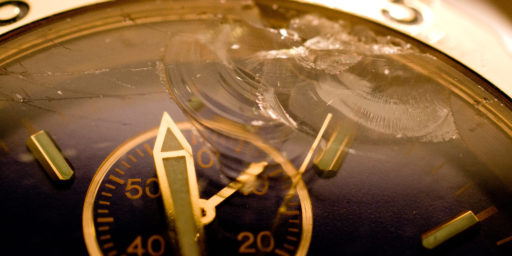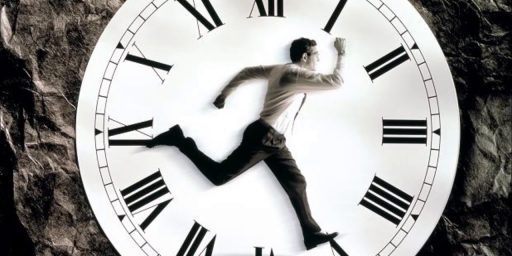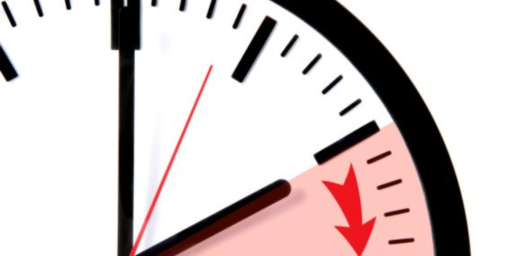Most Likely, You’re Going To Die At 11:00 a.m.
Maybe not the 11:00am set to occur in a couple hours, but 11:00am nonetheless:
Particularly when you’re older, you are 14 percent more likely to die on your birthday than on any other day of the year. Particularly when you live in certain geographical areas, you are 13 percent more likely to die after getting a paycheck. And particularly when you’re human, you are more likely to die in the late morning — around 11 a.m., specifically — than at any other time during the day.
Yes. That last one comes from a new study, published in the Annals of Neurology, that identifies a common gene variant affecting circadian rhythms. And that variant, it seems, could also predict the time of day you will die.
Even death, apparently, has a circadian rhythm.
Sounds like a reason to sleep until Noon to me.






I’m a morning person. I bet something like 2 or 3 pm gets me.
As long as it’s not 11:00am today, I don’t much care.
Made it!
I’m surprised, I would have figured that the nighttime hours are the deadliest.
BTW, I got a really amazing email from Vanguard on my birthday. “Happy Birthday!” and “Please verify your beneficiary designations.”
LOL, they apparently don’t think I have long.
Also related:
Via Barry Ritholtz